Hank Phillippi Ryan is the USA Today bestselling author of 16 psychological thrillers, winning the most prestigious awards in the genre: five Agathas, five Anthonys, and the coveted Mary Higgins Clark Award. She is also an on-air investigative reporter for Boston’s WHDH-TV, winning an unprecedented 37 Emmys and dozens more honors for her groundbreaking journalism and true crime stories. She’s gone undercover and in disguise, and her stories have changed laws, changed lives, and resulted in millions of dollars in refunds and restitution for consumers. In her second career, as a writer, national book critics call her “a superb and gifted storyteller.”
Ryan is past president of National Sisters in Crime, and a sought-after teacher and speaker. She now hosts Crime Time on A Mighty Blaze, is a founder and co-host of The Back Room, and is co-host of First Chapter Fun. She lives in Boston with her husband, a renowned civil rights and criminal defense attorney. Visit Ryan online at HankPhillippiRyan.com, on X (formerly known as Twitter) @HankPRyan, on Instagram @hankpryan and on Facebook at HankPhillippiRyanAuthor.
Raise your hand if you have ever said these words to yourself: This book will never work. This is a terrible idea. Why did I ever think I could write this? I’m clueless, ridiculous, talentless. I’m doomed. I have completely written myself into a corner, I’m trapped, and I cannot get out. What’s more, there’s no way to make this work.
Of course you’ve felt that way. We all have. The mire of self-doubt is sneaky and insidious. But hey, do not spiral into fear, or let your brain seize up! Fight back. Writing yourself into a corner may be the best thing that ever happened to you and your story—after all, you’re hoping to write a page turner, aren’t you? What could be more suspenseful than a seemingly unsolvable problem?
First: There’s no unsolvable problem. I promise. One of my favorite quotes of all time is from Thomas Edison. He said “When you think you have exhausted all of the possibilities, remember this. You haven’t.” Right? The answer exists—you just haven’t thought of it.
Yet.
I’ve been a television reporter for 40 years. I’ve wired myself with hidden cameras, confronted corrupt politicians, gone undercover and in disguise. And for many of those years, I wrote a news story every day. It had to be fast-paced, interesting, revealing, and entertaining—and it had to be new. Plus, it had to be ready to go on the air at 6:00 PM. I never missed a deadline.
In analyzing how I made that work, I realized I didn’t make it work. I allowed it to work. By calling on my knowledge of what makes a good story. Sure, I was stuck from time to time. But I came up with a series of questions that helped me get my TV stories in gear.
Now, sixteen books into my career in fiction, I know those same questions also changed my writing life. And I bet they’ll change yours too.
1. Is this a first draft?
If you are writing a first draft, hey, it’s just a first draft. Every first draft is terrible, so just go on. Let yourself be really bad. Go in search of the story. Sue Grafton always said “Get over yourself, it’s just a book!” And it’s not even a book—it’s a sentence. Remember, a book is incremental—it’s simply one sentence, then another one. Get something on the page. Keep going. You can fix it later.
2. Why do I care?
You had the idea for this book because you cared about something. What was that? Is what you are trying to write now working in service of that idea? Why does your character care? Why would the reader care about what’s happening at this point in the book?
If you don’t care, the reader won’t care. What can you do at this moment to amp up the stakes?
3. What’s happening?
If nothing is happening, that’s why you’re having a problem. A good story is consistent forward motion, narrative thrust, advancing action. Will what you’re trying to write advance the story? How could you make your story move ahead?
As the seconds tick by in your character’s life, what is really happening? Not just to them, but around them. Not just to them, but to others in the story. How does the entirety of your story affect what might happen to your character right now. What pressure does that put on your character?
4. What does your character want?
This always works—because it gives your character a goal. Not the overarching “want” that drives the book, like love or success or stopping the guy with his finger on the nuclear trigger, but what does your character want right this very minute. What are they thinking? What are they wishing for? What are they hoping for? If you know the answer to that question, and you decide whether they get it or not, then your story will be compelled to move forward.
5. What time is it? And is there a deadline? (Is your character in control?)
This is such a magic trick! Simply ask yourself: what time of day is it?
Maybe it’s time for lunch—now what will they do? Are they hungry? Are they worried? Maybe your character should be tired or cold or stuck in traffic or an elevator or lonely or want to go home. Instantly your story moves ahead.
And always think of the ticking clock. My upcoming book, All This Could Be Yours, stars an author on book tour turned deadly cat-and-mouse chase. As a result, her entire life is deadlines: flight arrivals and departures—and delays! Book signings, hotel checkouts, interviews—and if she’s a minute late, her entire world may fall apart. And what’s worse for her—and best for my book—is that none of it is under her control.
6. What could make it even worse?
Yes, your character is in a terrible place, and there seems to be no way out or forward for them. Good. Try making it even worse! Ask yourself, what could be the worst thing that could possibly happen right now? What would be worse than that? And worse than that? What does your character fear more than anything? Make that happen.
7. Who has the most to lose?
Think about your scene from the standpoint of winners and losers. Are you writing from the POV of someone who is desperate to keep something? Or get something? Do they feel they are succeeding or failing? They must do something to change that balance of power, right? What will they do?
8. What will happen if your character fails?
What’s at stake? Your character knows what’s at stake—that’s what drives them. Your character can speculate about what might happen if they fail at their task, and that might spur them to take a different kind of action or have a different idea. Or even make a bad decision. Oh, what would happen then?
9. What does the movie look like?
The movie in your mind, I mean. Sometimes, when I’m writing a book, I close my eyes and watch the movie of my story. I can see the room where the people are, how they’re standing and then, in my imagination, the phone will ring or someone will knock at the door or I’ll realize there are too many people in the room! Why? Visualize what someone really does in that situation. And your story moves forward. Your imagination will tell you what comes next.
10. Why did I fall in love?
Think back to the moment you thought wow, this is a terrific idea! This is going to be a New York Times bestseller! Remind yourself—why was that? You’ll realize it was your precious book about friendship or redemption or parenthood or revenge or success. When you fall in love with your book again, you will think, Of course! I love this book. When you go back to your pages, your manuscript will be your friend again.
And here’s the final secret of secrets. Nothing is ever as bad as you think it is. And what’s even more powerful, what you think is bad right now might actually be fabulous. Tomorrow it might be terrific. Just tell yourself: I can do that. I can maybe just try it. It’s just typing.
When you hit a roadblock, it might be exactly what you’re looking for! Because your imagination has provided you with this problem—and I promise it can also provide you the solution.
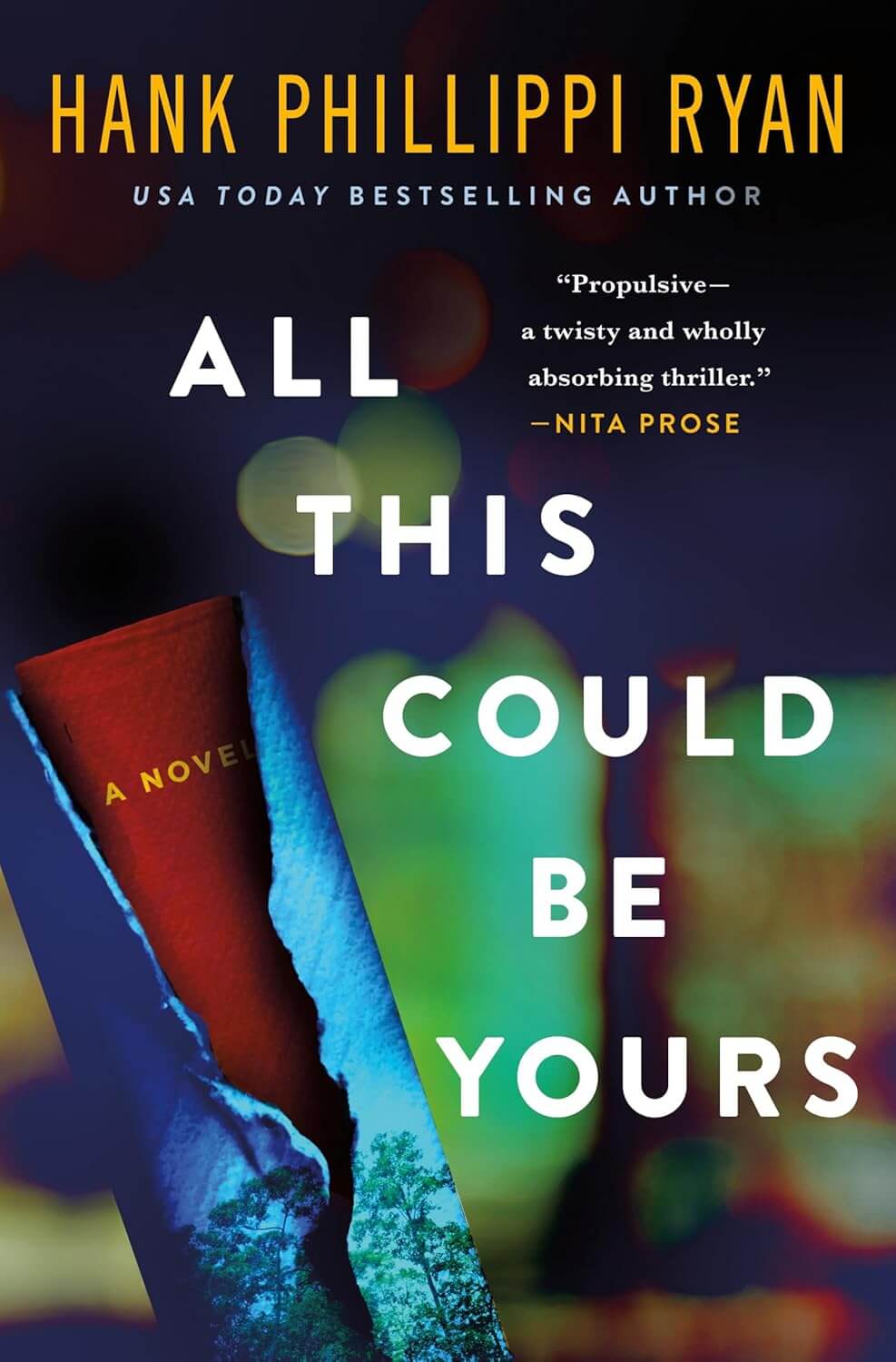
All This Could Be Yours by Hank Phillippi Ryan
Tessa Calloway is on tour for her wildly successful debut novel, All This Could Be Yours. She’s greeted with standing ovations in every city while her husband and children cheer her on from home. But beneath the roaring applause and adoring faces lies an insidious stalker who is fixated on sabotaging everything she holds dear. Tessa realizes that a decision from her past is coming back to haunt her—one that could cost her career, family, and even her life.
Buy the book now: Bookshop.org | Amazon | Barnes & Noble






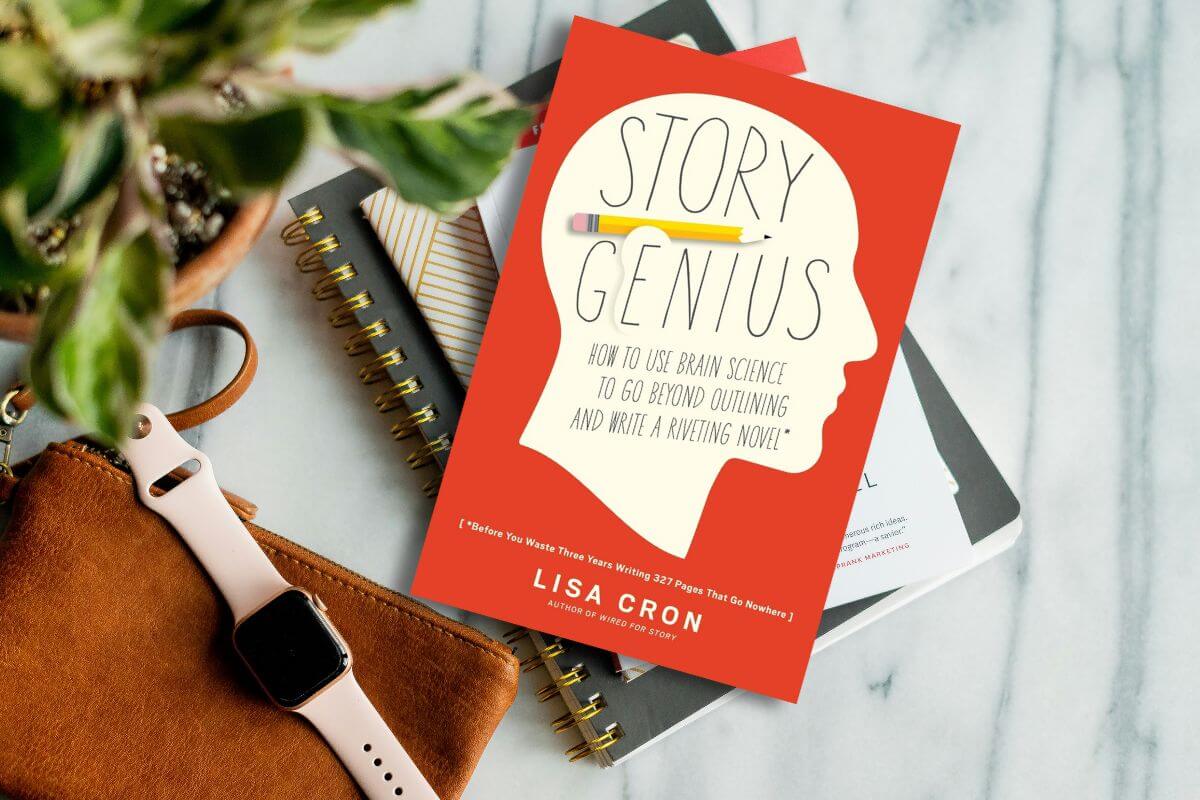
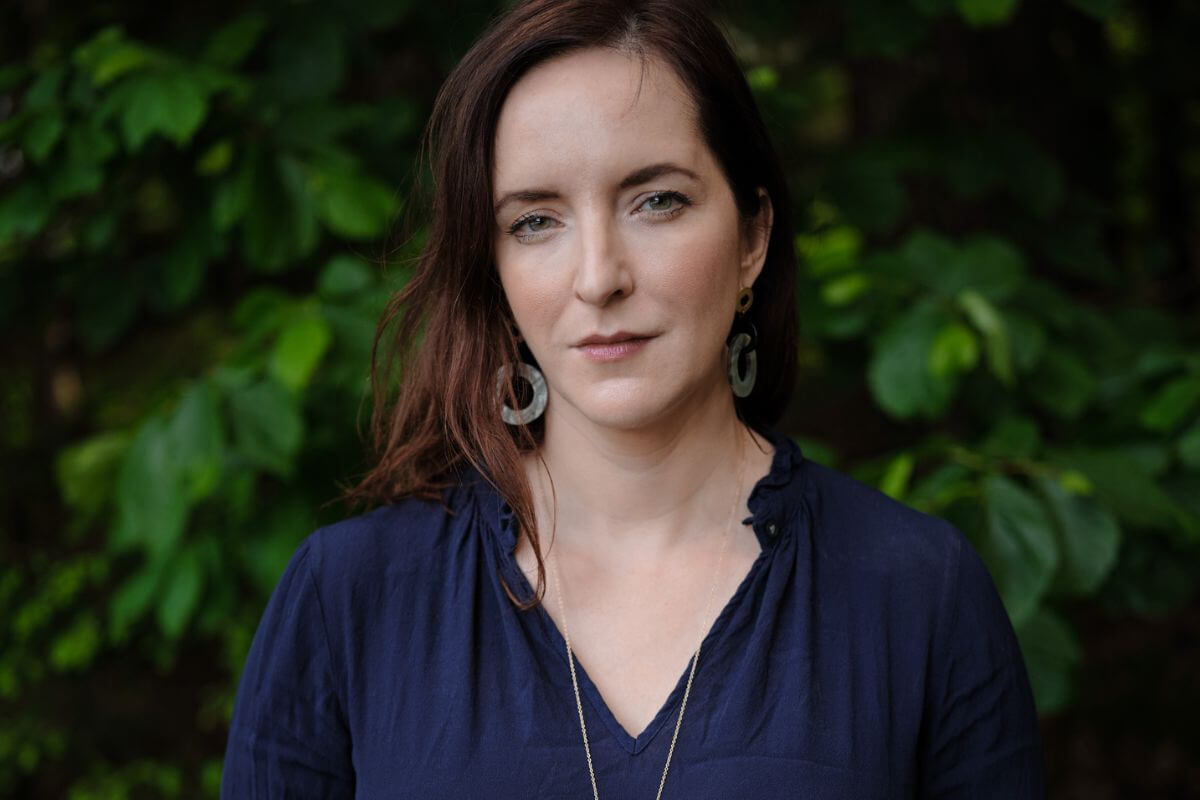
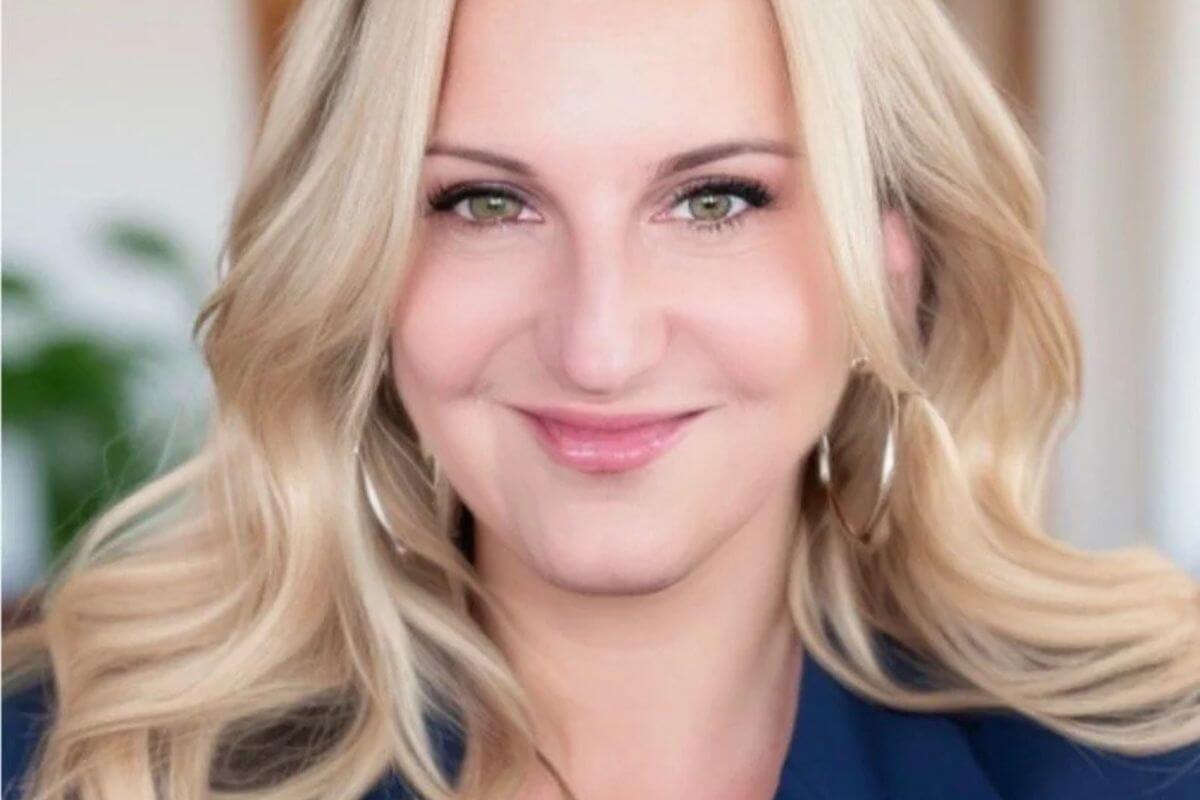




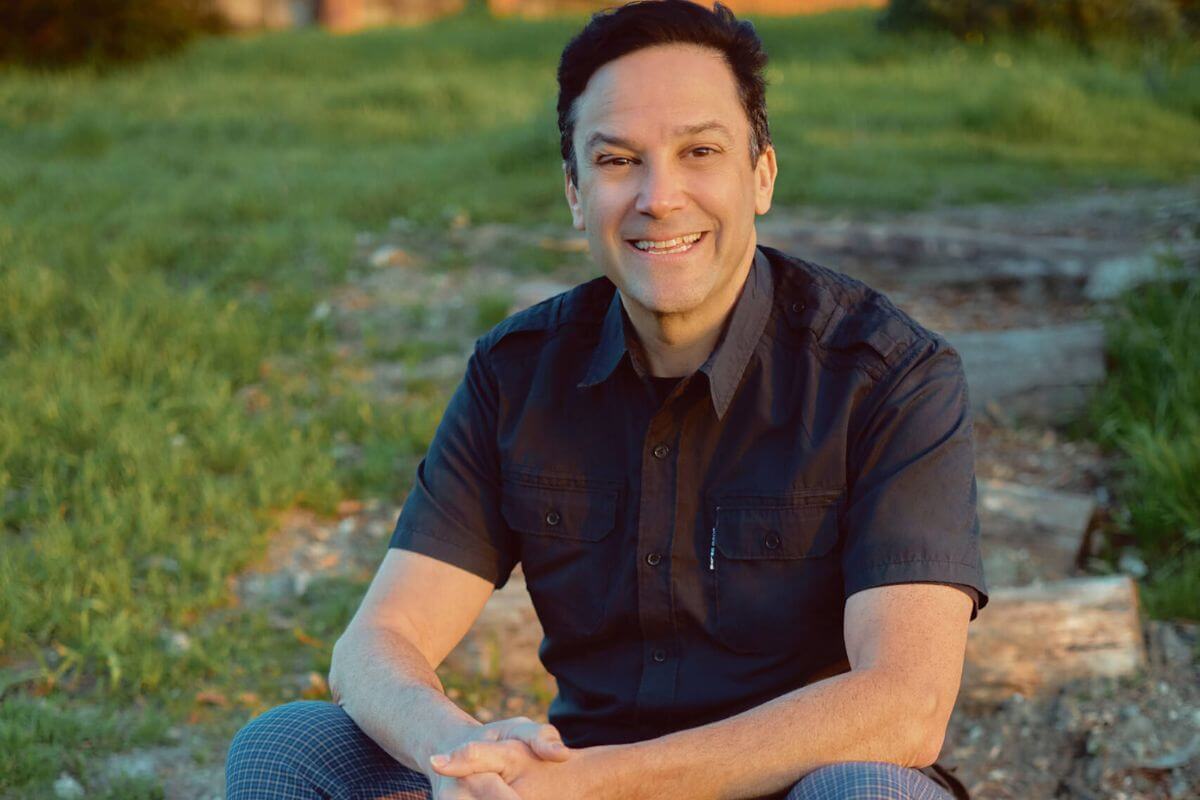
Leave A Comment